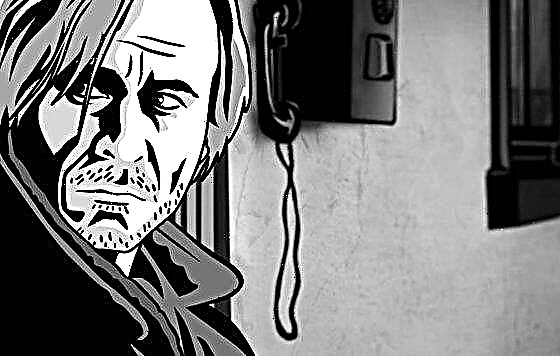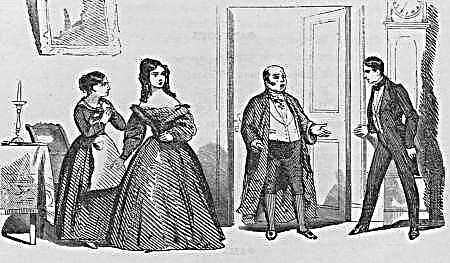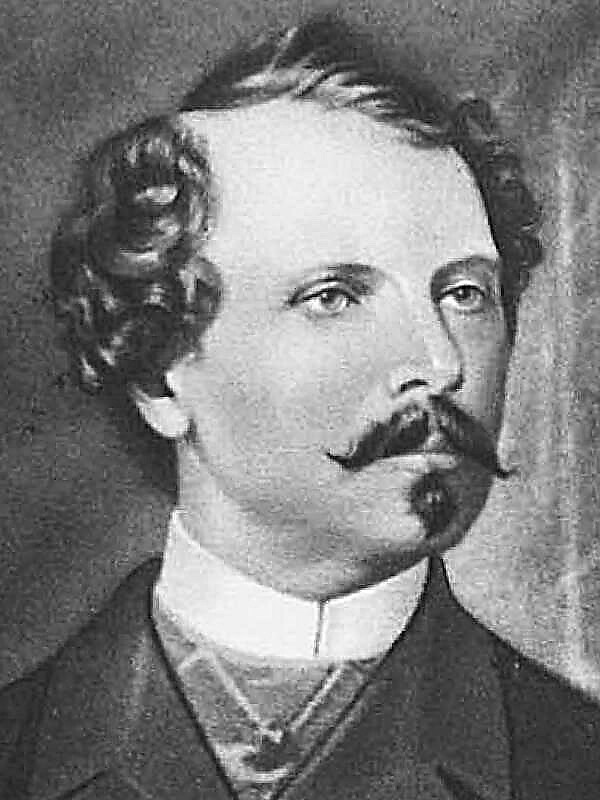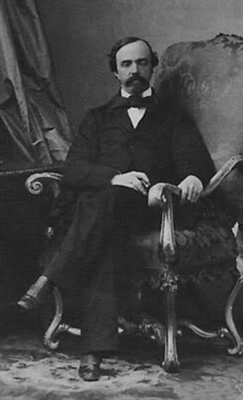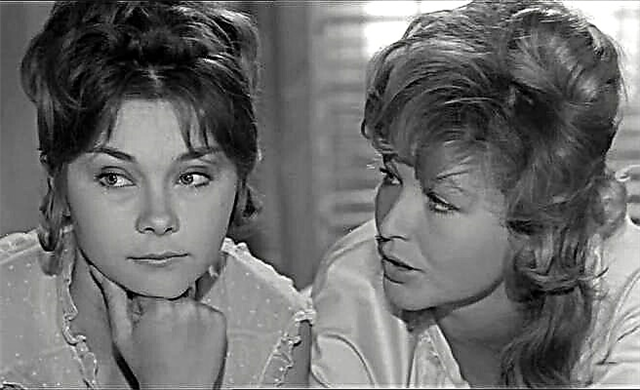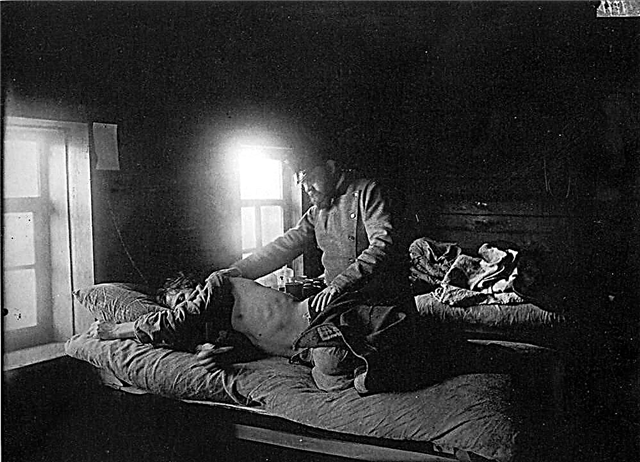(375 words) A statement by J. Wolfrom: “Justice is always seasoned with a pinch of revenge” can easily become a topic of long debate: how can such a low feeling or action, like revenge, be related to “high”, pious justice? After all, these concepts are almost opposite in relation to each other. But I completely agree with this statement. After all, justice is when every person gets what they deserve. But what should the villain get? It turns out that it will be fair to treat him cruelly, as he will to his victims. And this is revenge, revenge of society to those who violated its rules. To verify the interconnectedness of these concepts, consider examples.
Take, for example, at least the life story of Edmond Dantes from the novel by Alexander Dumas "Count of Monte Cristo." Innocent, separated from his beloved, he was convicted of greedy envious people and cowards, and, having lived in captivity for about nine years, out of hopelessness decided to commit suicide. Being on the verge of death, he met Abbot Faria, who was digging into the chamber of our hero. The abbot helps Edmond figure out what happened to his fate and who is guilty of what happened. This gives the hero strength and desire to live on, at least for the sake of revenge for those who allowed themselves, guided by their desires and envy, to dispose of someone else's life. Revenge makes our hero live; it becomes his salvation. And, of course, thanks to cold revenge, he, as an instrument of Providence, finally helps justice to be done. Justice triumphs: the true perpetrators are punished.
An example of "just revenge" is the story of Hamlet from the tragedy of William Shakespeare "The tragic story of Hamlet, the Danish prince." The hero cannot live, knowing that the killer of his father walks on Earth. Having a philosophical mindset, Hamlet understands that evil in the world triumphs, so that “revenge is greater, revenge is less”, and the amount of evil will not change. As if justifying his desire to kill the villain, he decides to commit a crime. In it, Hamlet finds justice, and the reader, immersed in the thoughts of the protagonist, also justifies him. The hand of the prince of Danish justice punished the killer, but the justice of the punishment was seasoned with a large handful of revenge on his son for the death of his father.
Revenge is indeed the highest form of justice, because even the arrest of a criminal is a public revenge for breaking the law. That is why we can correlate and reveal a strong connection between the concepts of “justice” and “revenge”. Indeed, in order to achieve justice, one has to turn to completely not good methods for achieving it. But I believe that often the end justifies the means, and "justice is always seasoned with a pinch of revenge."


